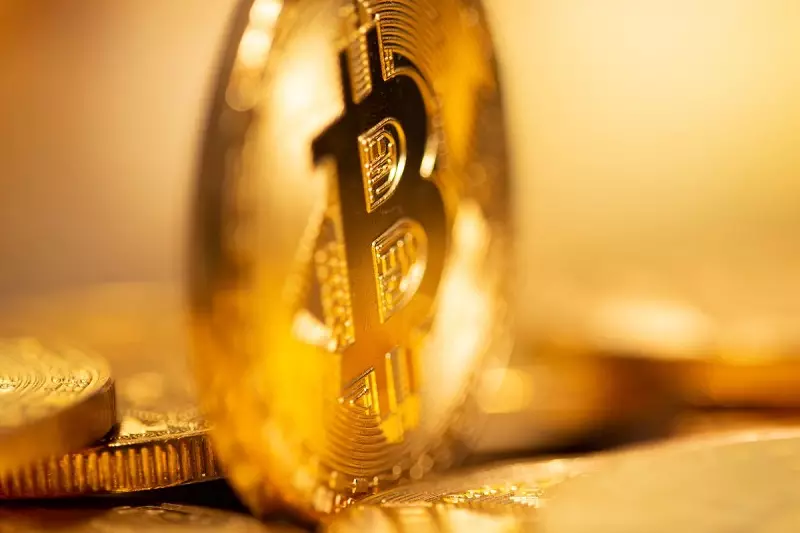Pavel Durov, the mastermind behind the popular messaging app Telegram, found himself in hot water when he was arrested at Le Bourget airport on Saturday night. The charges brought against him range from terrorism and drugs to complicity, fraud, and money laundering. If convicted, Durov could potentially face up to 20 years behind bars.
The news of Durov’s arrest sent shockwaves through the cryptocurrency community, especially among users of the native token TON. In response to the turmoil, TON witnessed a significant drop of 15% in its price and a staggering 61.3% decline in its total value locked in the blockchain. This sudden downturn in TON’s performance underscored the interconnectedness of the crypto world and how external factors can have a profound impact on digital assets.
One notable figure who chimed in on the unfolding situation was Max Keiser, a staunch advocate for Bitcoin and an advisor to the president of El Salvador. Keiser emphasized the unmatched security of Bitcoin compared to other cryptocurrencies like XRP and Cardano, attributing this to the anonymity of Bitcoin’s mysterious creator, Satoshi Nakamoto. Keiser’s remarks shed light on the perceived vulnerabilities of alternative coins and the enduring strength of the original cryptocurrency.
While some view Bitcoin as a stalwart in the face of regulatory challenges, others express concern about its future in light of Durov’s arrest. There is a prevailing sentiment that if authorities were able to apprehend Durov, the elusive Satoshi Nakamoto may not be safe from scrutiny. This looming uncertainty has cast a shadow over Bitcoin, prompting speculation about its longevity and resilience in the event of external threats.
The interconnected nature of the cryptocurrency ecosystem means that significant events like Durov’s arrest can have ripple effects across the market. Skeptics fear that a successful prosecution of Durov could pave the way for further crackdowns on prominent figures in the crypto space, potentially destabilizing the entire industry. The outcome of Durov’s case may set a precedent for how governments approach cryptocurrencies and the individuals behind them, signaling a pivotal moment for the future of digital assets.
Pavel Durov’s arrest has sent shockwaves through the cryptocurrency community, prompting reflection on the stability and sustainability of digital assets in an increasingly volatile landscape. As the dust settles and the implications of Durov’s case become clearer, stakeholders in the crypto space must brace themselves for a potential shift in regulatory dynamics and market sentiment. The fate of Bitcoin and other cryptocurrencies hangs in the balance, awaiting the resolution of this high-profile legal saga.

